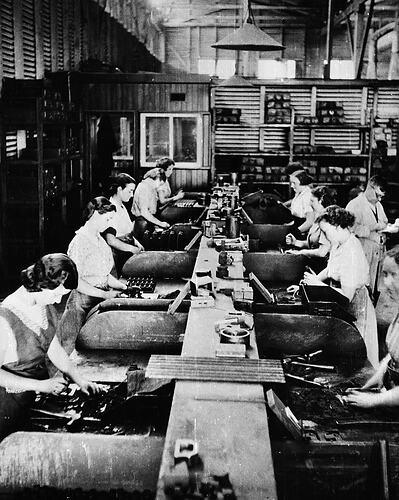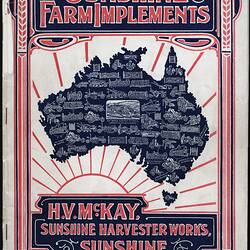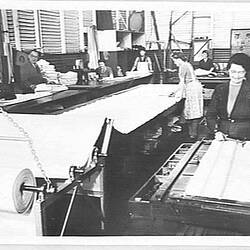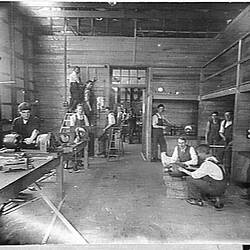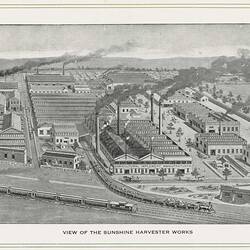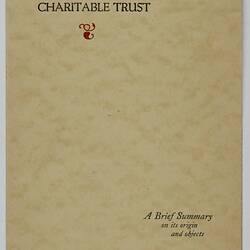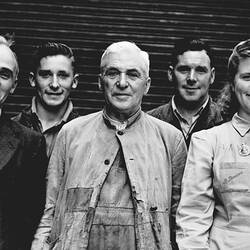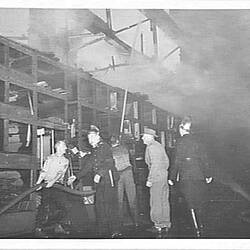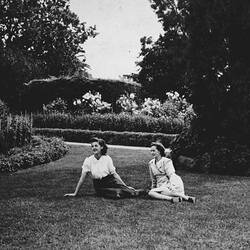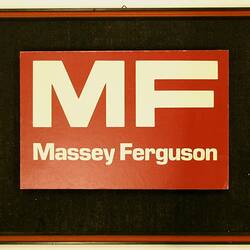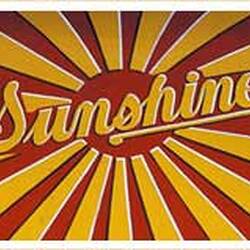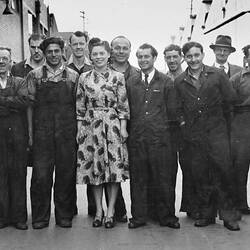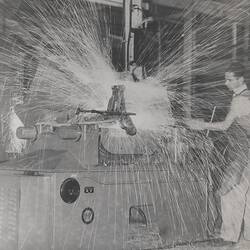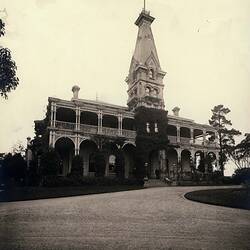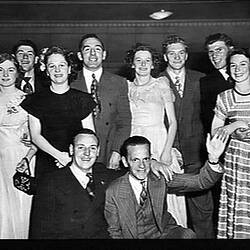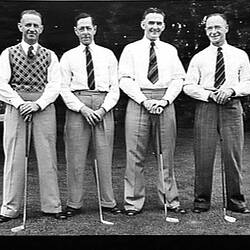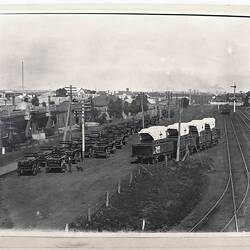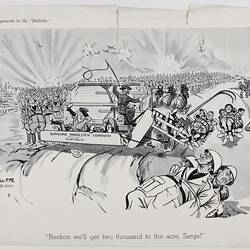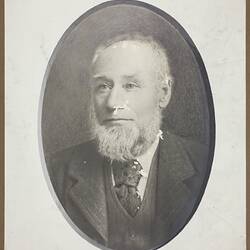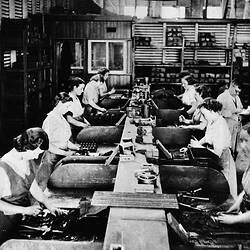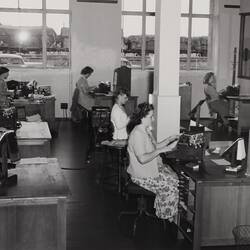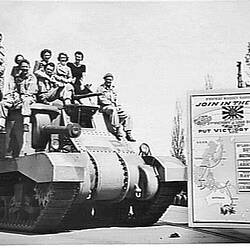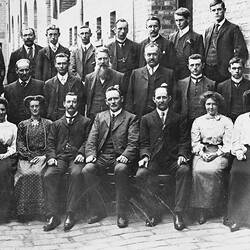Summary
The employment of women at Sunshine Harvester Works and initial trade union opposition to their presence in the factory.
Women began working at the Sunshine Harvester Works in the early 1900s. They were mostly employed in the company's head office in Bourke Street. When increasing numbers of women began to enter the factory floor over the next decade, they were met with union resistance. Trade unions were concerned that the employment of women would undermine wages and conditions and take work away from male apprentices. The Trades Hall Council's opposition reached its peak in the mid-1920s when members were shocked by a report noting that women were being hired in the company's moulding shops. They were concerned that the labour of nine or ten men would be dispensed with as a result of the employment of female dressers. By this stage, there were 85 women undertaking piecework at the factory, namely in the nut and bolt shop and on drilling machines. Trades Hall Council described the employment of women as 'a retrograde step in industrial life' (The Age 25 Feb.1927, p.9).
Trade unions also felt that work in the factory was unsuitable for women. During union meetings held at Trades Hall in February and March 1927, several members raised concerns about the physical and moral wellbeing of women employed in the iron and metal industries. They also complained that women were endangering themselves and those around them by spilling grease and oil while working. As a result, it was agreed that further meetings would be held to look into 'the withdrawal of all union labour from this firm [Sunshine Harvester Works] until such time as all woman labour is withdrawn from the iron trade sector' (The Age 25 Feb. 1927, p.9).
This opposition came at a time of great industrial unrest at the factory and other industrial firms. Trade unionists were fighting against piecework and were campaigning to reduce the 48-hour working week to 44. The employment of women was seen as undermining the union cause.
Unlike their male counterparts, female trade unionists such as Miss M. Francis and Jean Daley supported the Sunshine Harvester Works' employment of women. To them the issue was not about the suitability of women working in the iron industry but about equal pay. Francis (a representative of the Clothing Trades Union) encouraged female employees at the factory to go on strike to achieve the same salary as their male counterparts.
As a result, a Royal Commission was established in late 1927 to inquire into the employment of women at the factory and in the iron and steel industries in general. The inquiry concluded that girls under the age of 16 should not be allowed to enter the metal industry. It was also recommended that female metal workers obtain a medical certificate and undergo periodical medical examinations. Finally, the inquiry suggested that women be paid equally to men for piece rates.
Despite trade unionist opposition, women's work at the factory continued. Women were particularly important during World War II as they took on roles vacated by men who had enlisted in the army, particularly in the Annexe and the Bolt, Core and Canvas Shops. Their work continued after the war. Women were employed in various areas including administration, canteen duties, the factory and in the First Aid Room as nurses. They also contributed to the company's social life and charitable work. For instance, they participated in debutante balls and beauty contests to find 'Miss Sunshine' and helped organise social functions for employees. Women were also active in collecting subscriptions to purchase war bonds and raised money for various charitable causes.
- References
- 'Women in Industry: Trades Council Discussion', 1927, The Age, 25 February, p.9.
- 'Women in Iron Trade: Trades Hall Perturbed', 1916, The Argus, 29 July, p.18.
- 'Work and Wages: Women in Iron Trades', 1922, The Argus, 15 September, p.11.
- 'Women at Harvester Works', 1927, The Argus, 9 February, p.16.
- 'Work and Wages: Women in Iron Trades', 1927, The Argus, 8 March, p.8.
- 'Women in Iron Trades: Sunshine Dispute Settled', 1927, The Argus,11 March, p.15.
- 'Women in Industry: Sunshine Inquiry Report', 1928, The Argus, 27 January, p.16.
- Massey-Ferguson Outlook 1964, Untitled, vol. 1, no. 14, pp.4.
- Faulkner, R (ed). 1986 (?),Duty Nobly Done: Sunshine Harvester Diary, 1987. Melbourne's Living Museum of the West, Footscray, Vic.
More Information
-
Keywords
Women's Work, Manufacturing Workers, World War I, 1914-1918, World War II, 1939-1945, Factory Workers, Agricultural Equipment, Trade Unions, Nurses
-
Authors
-
Article types
